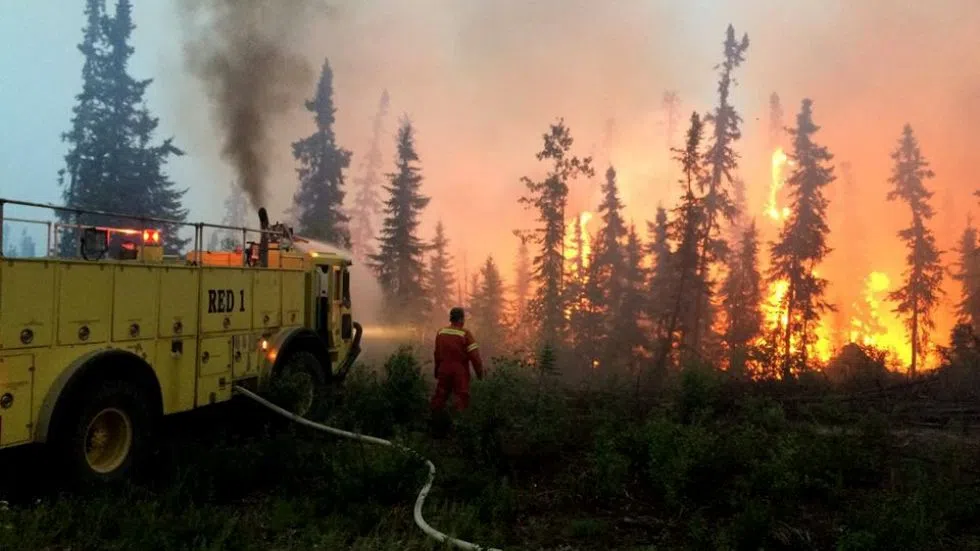
Business restoration key to disaster recovery: Economic Developer
Leaders from across northern Saskatchewan gathered in La Ronge last week to better prepare themselves for when a disaster strikes their community.
The two-day workshop was facilitated by Economic Developers of Alberta CEO Leann Hackman-Carty, and included northern representatives from places like Buffalo Narrows, Deschambault Lake, La Ronge and Sandy Bay. Senior Policy Analyst Jim Andrews, with the Ministry of Government Relations, also attended.
“I was there to listen to what the presentation was about and how it might relate to our emergency preparedness plan in the North,” Andrews said. “It was like giving individuals the tools to prepare for disasters or emergencies.”
One major theme of the workshop was the importance of ensuring local businesses are operational as soon as a crisis is over. Andrews said it’s a vital point to focus on, because not only could companies lose inventory and infrastructure, but local people also can’t work which means they’re not earning any money.


